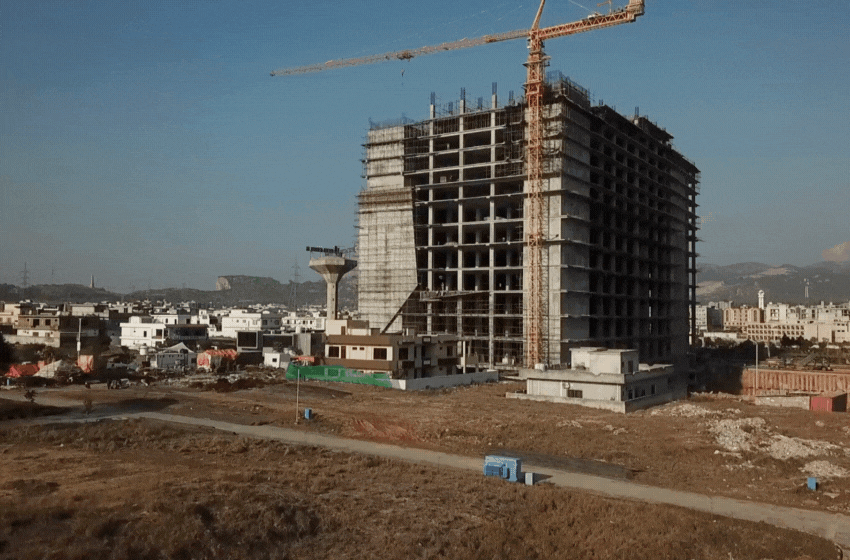
South Africa faces a growing epidemic of extortion within the construction industry, a trend that poses significant risks to project timelines, costs, and overall industry integrity. Construction extortion, involving the coercion of companies to pay bribes or face project disruptions, has become an urgent issue that demands proactive strategies for mitigation and response. This article explores the key factors driving this epidemic and offers practical guidance for preparing and protecting your construction projects.
Understanding the Extortion Epidemic
1. The Scope of the Problem
Recent reports indicate that extortion in South Africa’s construction sector is on the rise, driven by organized crime groups and corrupt individuals exploiting the sector’s vulnerabilities. According to a 2024 report by the Construction Industry Development Board (CIDB), extortion attempts have increased by 30% over the past year, with notable cases involving threats to delay projects or sabotage work unless bribes are paid. This surge has not only heightened financial risks but also undermined the trust and safety within the industry.
2. Key Drivers of Extortion
Several factors contribute to the prevalence of extortion in South Africa’s construction industry:
Economic Pressures: The challenging economic climate has exacerbated financial vulnerabilities, making companies more susceptible to extortion demands.
Regulatory Gaps: Insufficient enforcement of anti-extortion laws and weak regulatory frameworks provide a fertile ground for criminal activities.
Lack of Industry Standards: The absence of standardized protocols for reporting and addressing extortion cases leaves companies unprepared to handle such situations effectively.
Preparing for the Extortion Epidemic
1. Strengthen Internal Controls and Compliance
To safeguard against extortion, companies must bolster their internal controls and compliance mechanisms. Implementing robust financial controls, such as strict budgeting and expenditure tracking, can help detect and prevent irregularities associated with extortion.
Develop a Comprehensive Anti-Extortion Policy: Outline clear procedures for reporting and handling extortion attempts. Ensure that all employees are trained on these policies and understand the importance of maintaining ethical standards.
Conduct Regular Audits: Regular internal and external audits can identify potential vulnerabilities and deter extortion attempts by demonstrating a commitment to transparency.
2. Enhance Security Measures
Investing in enhanced security measures is crucial for protecting construction sites and project assets from extortion-related threats.
Install Surveillance Systems: Comprehensive video surveillance and monitoring systems can deter extortionists and provide evidence in case of attempted extortion.
Employ Security Personnel: Consider hiring trained security personnel to oversee construction sites and respond to any suspicious activities.
3. Foster Collaboration with Law Enforcement
Building strong relationships with law enforcement agencies can improve the effectiveness of anti-extortion measures.
Engage with Local Authorities: Regularly communicate with local police and security services to stay informed about extortion threats and collaborate on preventive measures.
Report Incidents Promptly: Ensure that any extortion attempts are reported to law enforcement as soon as they occur. Prompt reporting increases the chances of apprehending offenders and preventing further incidents.
4. Advocate for Industry-Wide Reforms
Industry collaboration and advocacy for stronger regulations are essential for combating the extortion epidemic.
Join Industry Associations: Participate in industry associations and forums focused on addressing corruption and extortion. These platforms can provide valuable resources and support.
Support Legislative Efforts: Advocate for stronger anti-extortion laws and regulatory reforms that address the root causes of extortion and enhance enforcement mechanisms.
5. Develop Crisis Management Plans
Having a well-defined crisis management plan can help companies respond effectively to extortion attempts and minimize disruptions.
Establish a Response Team: Designate a team responsible for managing extortion-related crises and ensure they are trained to handle such situations.
Create Communication Protocols: Develop clear communication strategies for dealing with extortion attempts, including internal and external communication plans to manage stakeholder expectations and mitigate reputational damage.
The Need for Collaboration
The construction extortion epidemic presents a significant challenge for the industry, requiring proactive measures and comprehensive strategies to mitigate risks and safeguard projects. By strengthening internal controls, enhancing security measures, collaborating with law enforcement, advocating for industry reforms, and developing robust crisis management plans, companies can better prepare for and respond to extortion threats. As the industry continues to evolve, staying informed and proactive will be key to navigating the complexities of the extortion epidemic and ensuring a safer, more resilient construction sector.
Let us know your thoughts about the construction extortion epidemic in #ConstructionMatters
Share via:




















